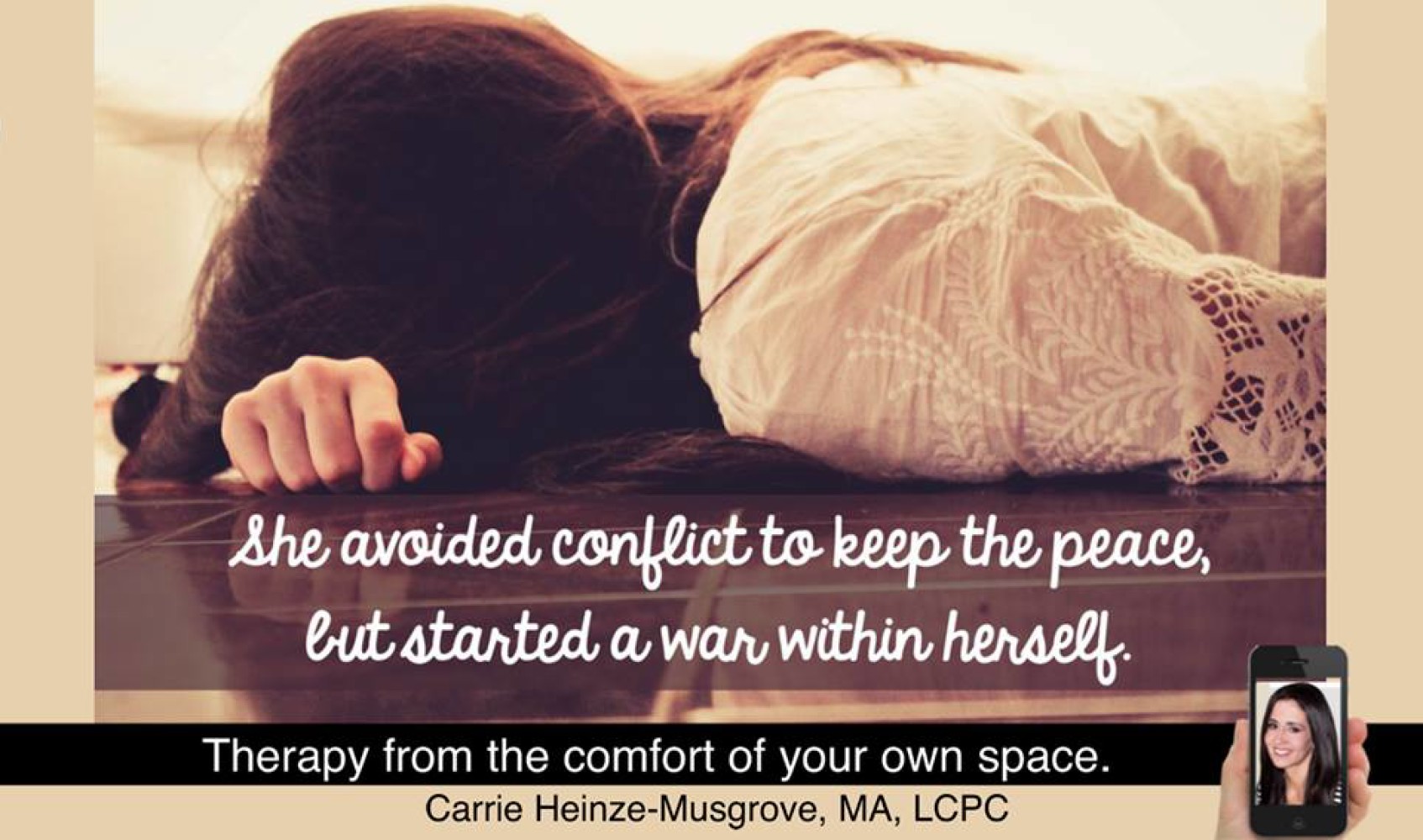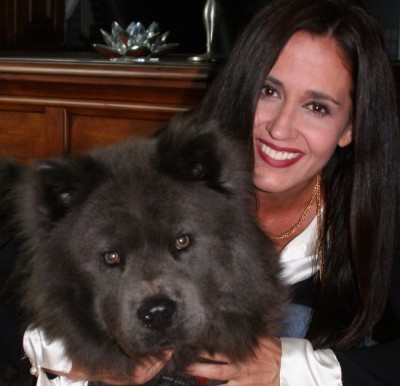Do you find yourself avoiding confrontation? Do you steer clear of conflict at all costs? Do you hate the tension and worry when a confrontation is imminent? Do you find yourself consumed by bad feelings that linger long after a confrontation is over? You are not alone.
Maybe you came from a family where no one was ever allowed to talk about their feelings, let alone negotiate change or resolution. Perhaps your family never seemed to even be in any conflict. Or maybe, at the opposite end of the spectrum, conflict in your family was loud, scary or traumatic.
Based on past events, you have come to expect that if you bring something up, it will inevitably turn into an argument or that you will hurt someone’s feelings. So, you may keep asking yourself, “How important is this?” or maybe you tell yourself that bringing this up again just “is not worth it.” You don’t see a clear path to bring up an issue and have it resolved peacefully. So, you think, “What’s the point?”
However, stifling your feelings turns them into resentment. Avoiding conflict doesn’t reduce tension. It actually tends to escalate it. Conflict is not what kills your relationships. Lack of communication kills relationships. Resentments kill relationships. An inability to express your feelings appropriately kills your relationships. Not being understood kills your relationships.
Regardless of the reason, withdrawing from the unavoidable conflicts that come with the territory of being in relationships will ultimately destroy those relationships.
So, how you HANDLE conflict largely determines the quality and stability of relationships. When you accept conflict as inevitable, you look for ways to resolve it rather than avoid it. If you want to find ways to survive relationships in this world, you need to learn effective ways to cope with differences rather than avoid them. Unless your master plan is to be a recluse, then by all means…
Most of us have a lifetime of avoiding conflict behind us, and it can be a difficult habit to change. Therapy teaches how to express your emotions which includes sharing your thoughts and feelings about the conflict with the other person. It’s possible to discuss differences in calm, respectful ways. The good news is, conflict resolutions skills can be learned. It takes practice and courage to address conflict if you’ve been avoiding it for a long time, but it can be done.
Carrie






